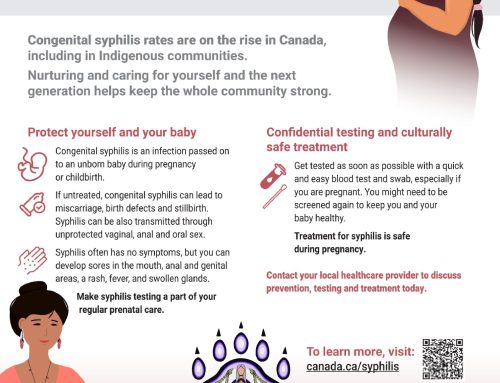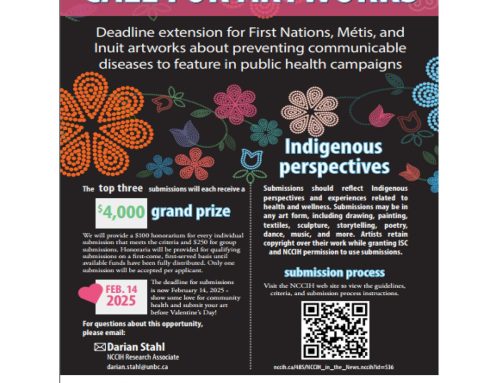Message from Public Health
Respiratory infections increase in the fall and winter but there are steps you can take to help to reduce your risk of getting and spreading infection.
Which respiratory Infections might we see this fall and winter?
Respiratory syncytial virus (RSV): Almost all children will get RSV at least once before they are 2 years old. In most cases, it causes cold-like symptoms that resolve on their own. Infants, older adults (65 years of age or older), and immunocompromised individuals are at a higher risk for developing severe illness.
Influenza: Can infect the nose, throat, and sometimes the lungs. It can lead to serious illness such as pneumonia. It is estimated that 12,200 hospitalizations and 3,500 deaths related to flu occur each year in Canada.
Pneumococcal Disease: Can cause infections of the ears, sinuses, or lungs. It can sometimes lead to pneumonia, infection of the blood, and infection of the brain. Children under the age of 2 years, adults older than 65 years, and people with certain health conditions are at more risk of serious illness.
COVID-19: Is upsurging. We are seeing a rise in COVID-19 cases and hospitalizations due to new variants of COVID-19 spreading in Canada.
How can you protect yourself, your family, and your community?
Staying up-to-date with your vaccinations continues to be one of the most effective ways to protect against hospitalization and death from COVID-19, flu, and pneumococcal infections.
Continue practicing personal protective measures including:
- Getting vaccinated against COVID-19 and other respiratory illnesses, including influenza, RSV, and pneumococcus, if eligible and available.
- Frequent hand hygiene.
- Physical distancing
- Wearing a mask in crowded indoor settings.
- Keeping high-touch areas clean such as door handles, light switches, stair railings, sink handles, toilet handles, phones, etc.
- Staying home if sick.
Even if you have been recently vaccinated against COVID-19, flu, or other respiratory infections, it is important to continue to take action and follow public health measures if you feel sick.
Where can I get more information? Talk to a public health professional or your local healthcare provider for more information on respiratory infections and ways to help keep yourself, your family and your community healthy, or visit Reduce the spread of respiratory viruses – Canada.ca





